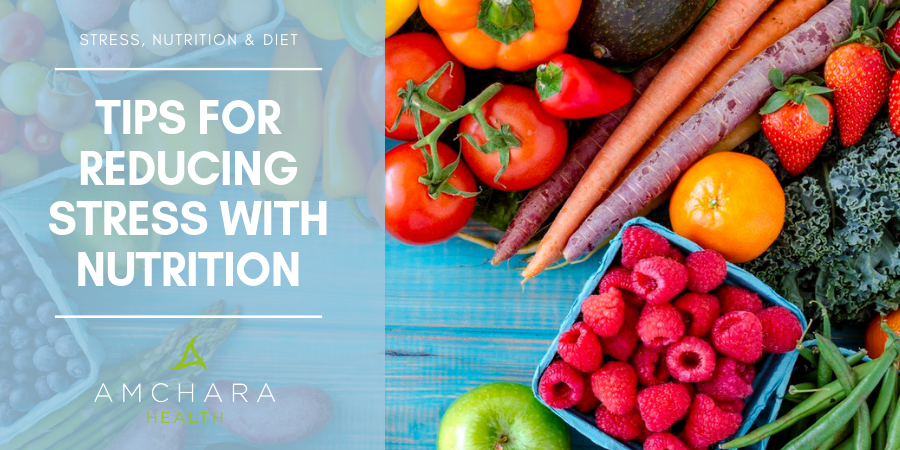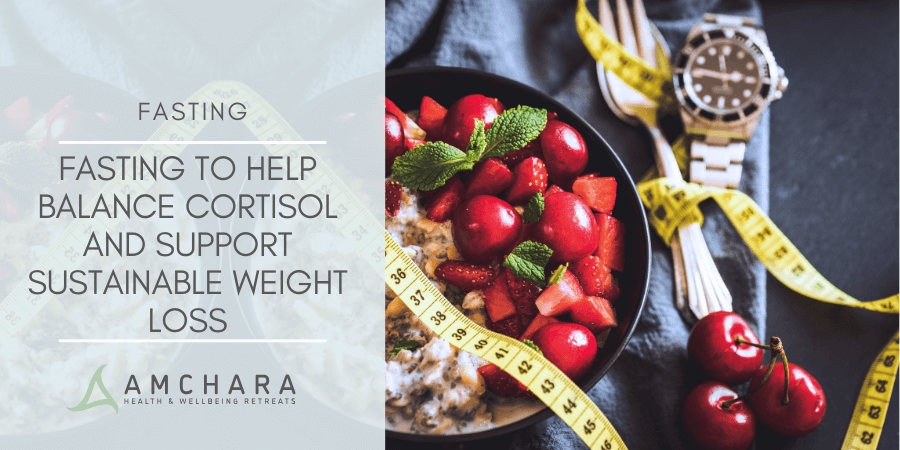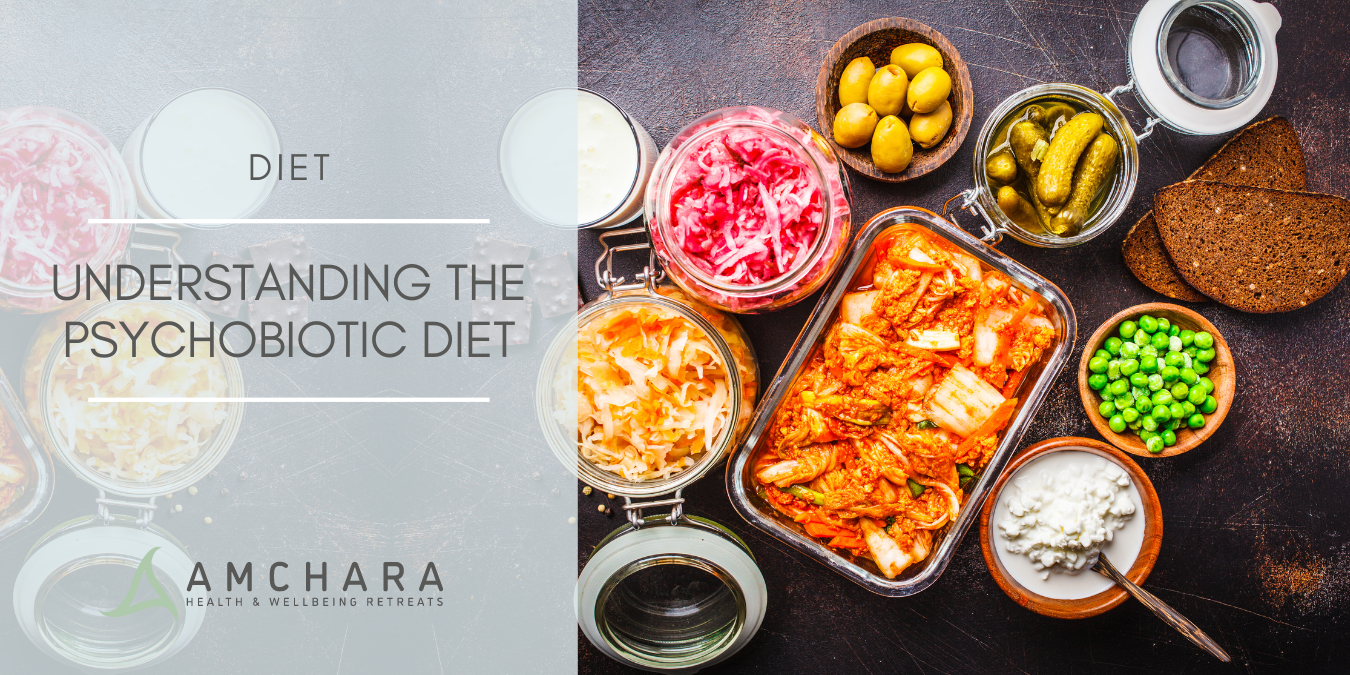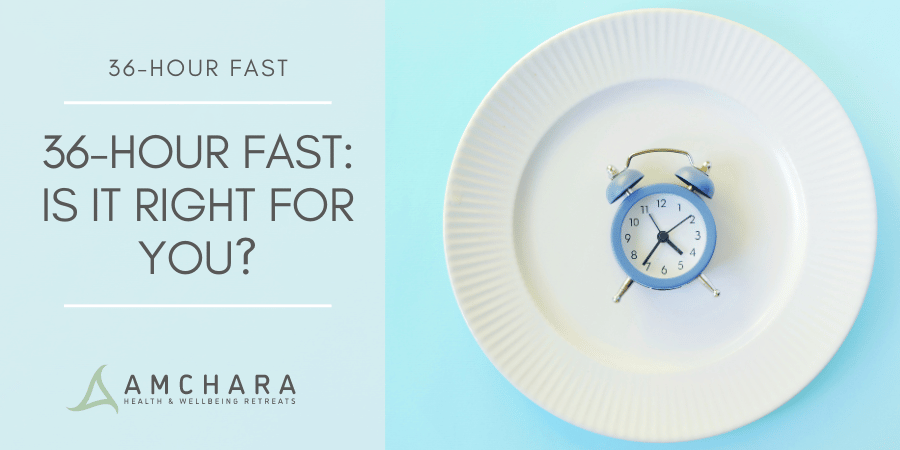Why does what you eat affect how you cope with stress?
It’s all down to blood sugar levels and your body’s desire to maintain equilibrium at all times.
Our mission is to provide you with both insightful information and evidence-based content, all orientated towards the Personalised Health approach, with actionable knowledge and tips to help you on your journey to optimal health.
In this article we’ll take a look at how your body responds to stress, our top 10 nutritional guidelines to help you manage stress, as well as supportive nutrients that can be useful.
Your response to stress
When you are subjected to any kind of stress, your adrenal glands send out a cascade of hormones that trigger the release of glucose (sugar) for energy and galvanise the body into action, making sure you are prepared to run from danger or face a challenge.
The stress hormones adrenaline and cortisol are a key part of this process.
Cortisol ensures there is adequate levels of sugar in the blood, while adrenaline fires up your engines ready for action.
Insulin also works in tandem with cortisol, unlocking the cell membranes to allow the cells to take up the sugar to be used for energy.
The stress response is very effective in the short term, but if stress is continuous or extreme the effects on the body can be detrimental to your health, leading to inflammation, ageing and disease.
Unhealthy, erratic nutritional intake plays havoc with your blood sugar levels and can place additional stress on the body leaving you anxious, tired, irritable and moody and far less able to cope with daily challenges.
Ideal anti-stress nutrition
Because cortisol also plays an important role in maintaining blood sugar balance, eating food that delivers a slow steady supply of sugar into the circulation throughout the day will reduce the constant demands on this hormone.
Skipping meals and eating the wrong types of foods can keep your blood sugar levels fluctuating wildly putting undue pressure on your adrenal glands and exhausting your cortisol supplies.
Low levels of cortisol lead to low blood sugar which means your cells cannot function well and you are less able to deal with stress appropriately.
The good news is you can stabilise your blood sugar and keep stress under control easily by focusing your diet on slow releasing carbohydrates, balanced with a serving of good quality protein or healthy vegetable fats, as well as avoiding stimulants and foods that quickly raise your blood sugar levels.
Our top 10 nutritional guidelines for stabilising blood sugar and managing stress
-
Add protein at each meal – protein slows down the release of sugar into the bloodstream. Good quality protein sources include tofu, beans, meat, poultry, quinoa, amaranth, eggs, pulses, yoghurt, cottage cheese, fish, and lentils.
-
Top up on high fibre foods – fibre also slows the absorption of sugar from food, the particularly water-soluble fibre found in legumes, oat bran, apples, pears and most vegetables.
-
Don’t skip meals – eat when you are hungry; a small snack between meals of nuts, seeds or a piece of fruit and a slice of cheese helps to even out the rate at which sugar is absorbed.
-
Choose complex carbohydrates – switch from white bread, white flour products, white rice and pasta to whole grains like oats, brown or basmati rice, wholemeal bread and pasta, vegetables and fruit. These slow releasing carbohydrates help to keep blood sugar levels steady between meals.
-
Eat lots of vegetables and fruit – aim for at least 5 to 10 portions a day. These supply a whole host of important vitamins and minerals that are necessary to support a stress response in the body. Stress itself will increase the need for nutrients so if you are stressed you may already be depleted.
-
Remove highly processed and sugary foods – clear your cupboards of cakes, biscuits, crisps, chocolate, sweets, and pastries. These types of foods are high in sugar which is released very quickly into the blood circulation leading to sharp ‘highs’ and sudden crashes.
-
Read all food labels – many processed foods like tomato ketchup, baked beans, low-fat products and ready meals contain high levels of hidden sugars.
-
Include oily fish – these are a good source of omega-3 fatty acids. Insulin action is dependent on the sufficient intake of essential fatty acids. Include salmon, mackerel, trout or sardines 1-2 times a week. Walnuts and grass-fed meat and poultry also contain omega-3s.
-
Cut out caffeine – often stress and fatigue can make caffeine seem very tempting. Unfortunately, this disrupts blood sugar balance so that, despite giving an instant energy lift, it is quickly followed by an energy crash which may leave you tired, irritable and craving another quick fix! Coffee and tea both contain caffeine so try alternatives like herbal teas or barley & chicory drinks and don’t forget to drink plenty of water.
-
Avoid or considerably reduce alcohol – alcohol is both a stimulant and contains lots of sugar. It triggers the release of adrenaline and produces strong swings in blood sugar levels. Despite feeling as though it relaxes you initially after a stressful day, ultimately it will disturb your sleep leaving you tired and more likely to reach for coffee or sugary snacks.
Key supportive nutrients
-
B vitamins – are vital to the health of your adrenal glands. Without enough B vitamins, the body simply does not have the energy to respond to the stressors faced each day. Good sources of B complex vitamins include whole grains, beans, poultry, fish, green leafy veg, lentils, nuts, peas, and avocados.
-
Magnesium – an important nutrient for helping both your muscles and your mind to relax and necessary for the manufacture of insulin. It is also commonly deficient in people with chronic stress. Eat plenty of leafy green vegetables, nuts, and seeds for a good supply.
-
Chromium – assists with glucose tolerance factor and sensitises the cells to insulin. Broccoli is an excellent source of chromium but it can also be found in lesser quantities in most food groups.
-
Cinnamon – helps to encourage a normal response to insulin and works well alongside chromium. Add it to porridge or herbal drinks to enhance the flavour and sweetness.
-
Vitamin C – may be the single most important anti-stress nutrient, helping the adrenals to produce more cortisol and adrenaline. It has also been shown to improve glucose control in people with Type 2 diabetes. Another good reason to eat plenty of fruit and vegetables.
-
Adaptogenic herbs – Rhodiola, ashwagandha and ginseng support the adrenals and help the body to adapt to stress. They have been traditionally used to relieve fatigue, nervous exhaustion, insomnia and physical and mental stress.
-
Liquorice – is a herb highly regarded for use in supporting adrenal function. It is thought to inhibit the breakdown of cortisol increasing its availability within the body. However, pregnant women and individuals with high blood pressure should avoid liquorice supplementation.
-
Calming herbs – Valerian, hops and passionflower have been used traditionally for centuries to reduce anxiety and encourage restful sleep.
It doesn’t take long to notice significant changes in your mood and energy levels once you make these changes, so it’s really worth the effort to help lessen the impact of stress in your life.

Did you find this article useful?
We believe that sharing knowledge and experience is an important part of achieving optimal health.
Do you have any nutritional tips that have helped you cope with stress?
Stress related stories:
REFERENCES
Bensky D, Gamble A (1993). Chinese Herbal Medicine Materia Medica. Astland Press:Seattle. Gannon M, Nuttall F. Effect of a High Protein, Low-Carbohydrate Diet on Blood Glucose Control in People with Type 2 Diabetes. Metabolic Research Laboratory, VA Medical Center, Minneapolis. Lindhal O & Lindhal L. Double blind study of a valerian preparation. Pharmacol. Biochem Behav. 1989;32 (4), 1065-6. Poesnecker GE (1993) Chronic Fatigue unmasked. Humanitarian Publishing Co. Swarth J (1992) Nutrition for stress. Foulsham:UK. Wilson JL (2001). Adrenal Fatigue, The 21st Century Stress Syndrome. Smart Publications: USA.




